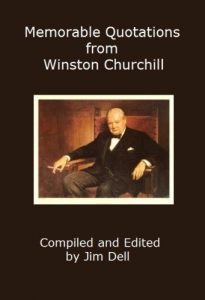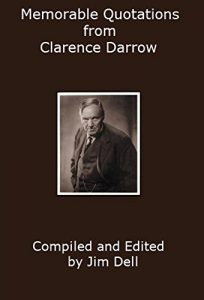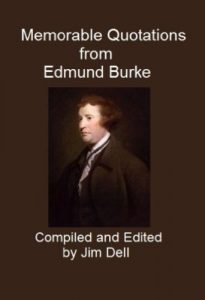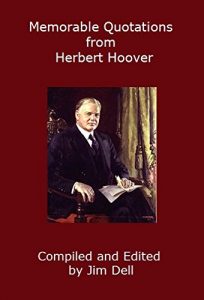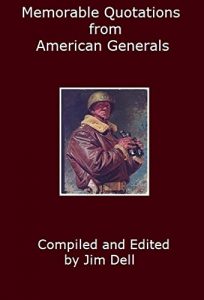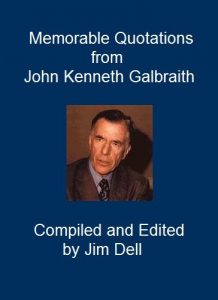Sir Winston Leonard Spencer Churchill (1874-1965) was a British statesman, soldier, and writer. A graduate of Sandhurst, he fought in India, the Sudan, and South Africa. In 1900 he was elected to Parliament. Churchill was the first lord of the admiralty (1911-1915) in World War I until disgraced by the failure of the Dardanelles campaign, which he had advocated. He afterwards served in numerous cabinet positions in the Liberal government of Lloyd George. A Conservative after 1924, he was Chancellor of the Exchequer from 1924 to 1929; his revaluation of the pound was a component leading to the general strike of 1926. Not in office from 1929 to 1939, Churchill broadcast ignored warnings of the danger of Nazi Germany. In 1940, seven months after the outbreak of World War II, he succeeded Neville Chamberlain as prime minister. His rousing oratory, his vigor, and his refusal to make peace with Hitler were critical to sustaining British resistance from 1940 to 1942. Before the United States entrance’ into the war, he met President Franklin D. Roosevelt at sea for crucial talks. He twice addressed the American Congress, twice went to Moscow, and attended a series of international conferences, including the Yalta Conference. Following the postwar Labour victory in 1945, he became leader of the opposition. In 1951 he was once more elected prime minister; he was knighted in 1953 and retired in 1955. Winston Churchill was the author of many histories, biographies, and memoirs, and in 1953 he was awarded the Nobel Prize in literature.
Memorable Quotations from Winston Churchill (English Edition)
Sobre
Talvez você seja redirecionado para outro site
